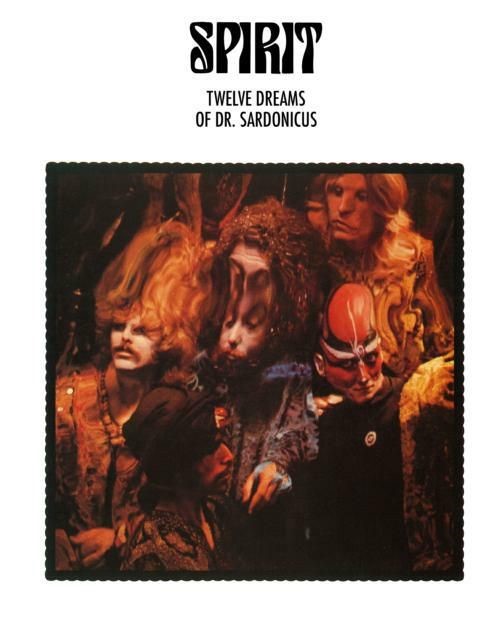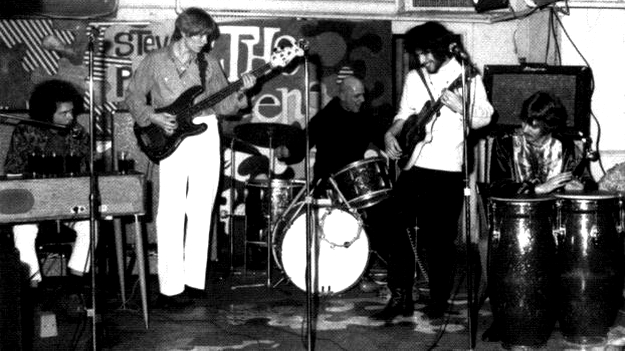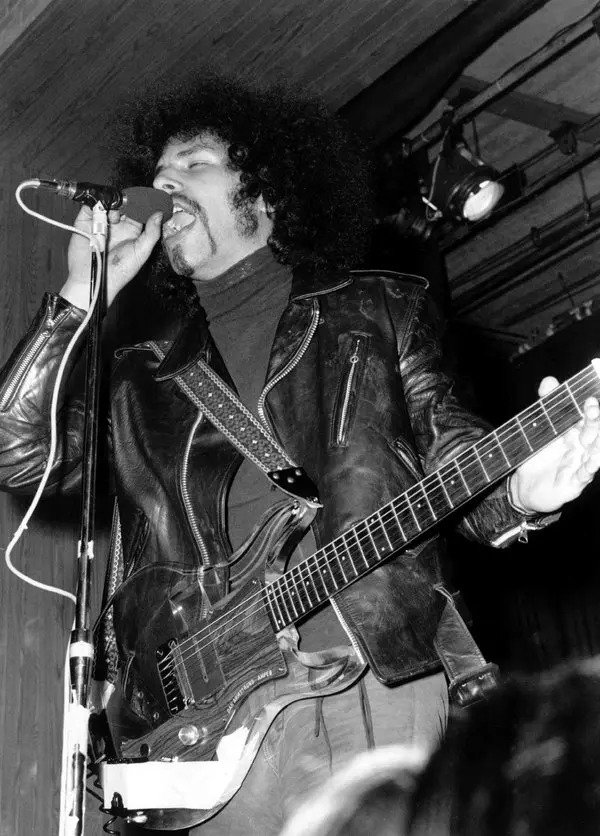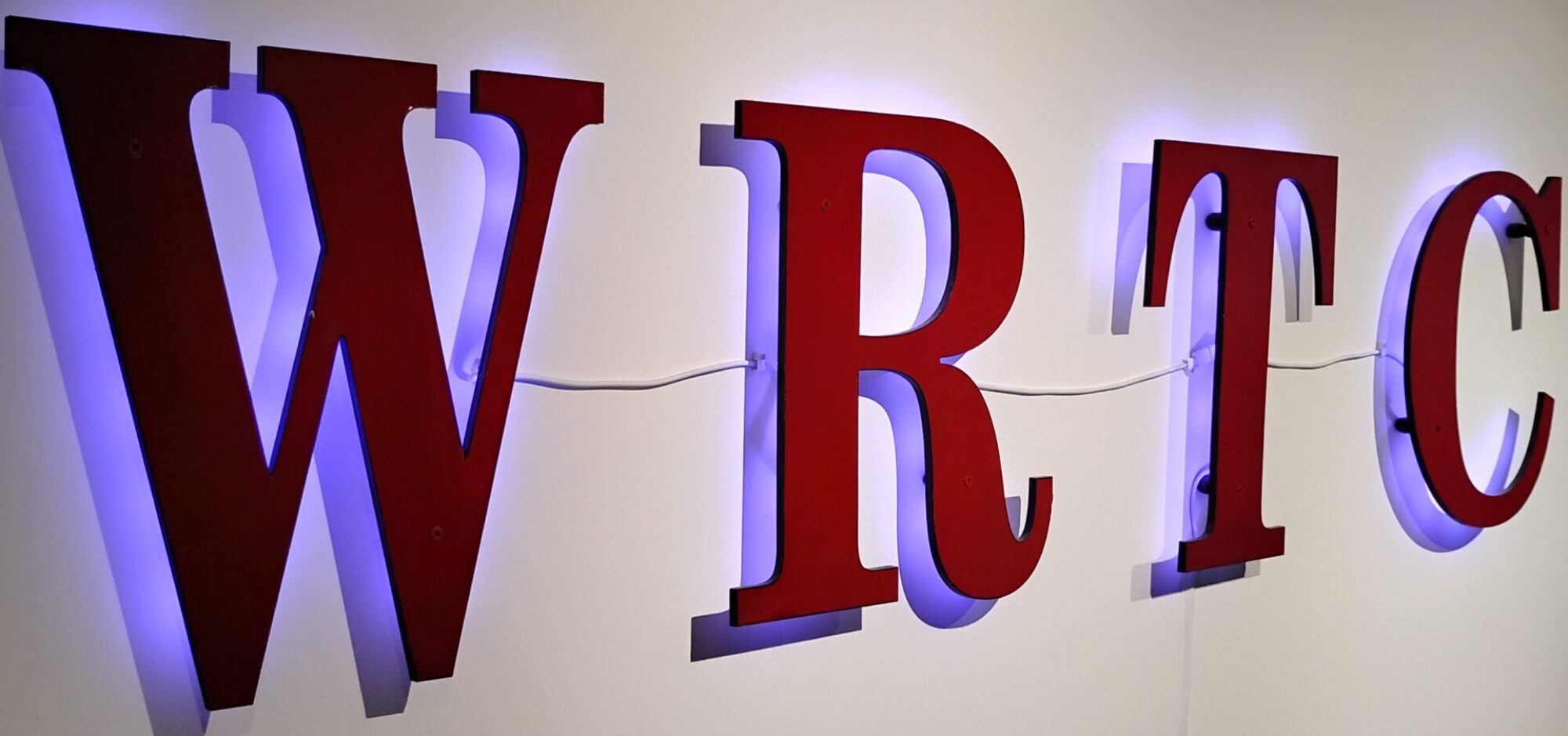One of rock’s legendary albums was discussed on the April 9 edition of Greasy Tracks as the focus turns to the recent two-CD re-issue of Spirit’s 1970 masterpiece, The Twelve Dreams of Dr. Sardonicus (Esoteric Recordings).

Check out the archive by clicking here, while a playlist is here.
Best known for “Nature’s Way” — one of Spirit’s most recognized songs, Sardonicus has always had a mystique to it. An incredible work, albeit by a band in turmoil and near a breaking point, akin to a fractured Beatles somehow making Abby Road.
To provide some insight to the re-issue, which includes 11 bonus tracks and 17 live cuts recorded in 1970 at the Fillmore West and Boston Tea Party, there was an interview with Mick Skidmore who produced, compiled and mastered the package. Skidmore is the trustee of the Randy Craig Wolfe estate.
Wolfe, best known as of Randy California, one of the founders of Spirit, was an innovative guitarist who had earlier played with Jimi Hendrix in his band, Jimmy James and the Blue Flames. It was Hendrix who gave him the name “California” to differentiate him from bassist Randy Palmer whom he nicknamed “Randy Texas.”

Sardonicus was Spirit’s fourth album and the first that did not have Lou Adler producing. Adler, the founder of Ode Records, signed Spirit who released their self-titled debut and follow-up, The Family That Plays Together, on the label in 1968. They followed with Clear in 1969.
Spirit enlisted David Briggs, best known for his work with Neil Young, to produce Sardonicus. The connection to Briggs came via Spirit keyboardist John Locke being friends with Young.
Upon release, Sardonicus didn’t set the charts alight, reaching only No. 69 in the Billboard 200. Over time, it gained more attention and appreciation, going Gold in 1976.
That the album was released at all was a miracle as the band was hardly functioning as a unit. During the recording, all members were never in the studio at the same time. Creative and personality differences were marred by questionable lifestyle choices by band members, especially California. During the mixing of Sardonicus, California fractured his skull after falling off a horse.

It would be the last album all five founding members would make together until 1984 when the released The Thirteenth Dream.
Following the release of Sardonicus, the band endeavored to go on the road to support the album, but it was a half-hearted effort at best. California’s post-accident mental state had worsened and he cancelled a highly anticipated tour of Japan. The original line-up played its final show together at the Fillmore East in New York on Jan. 30, 1971.
Bassist/vocalist Mark Andes and keyboardist/vocalist Jay Ferguson would leave to form Jo Jo Gunne; California would enter rehab; and drummer Ed Cassidy and Locke picked up Al Staehely (bass) and Chris Staehely (guitar) as Spirit limped on.
The paths of the founders would cross over the years, but in the grand scheme of things, it would be the duo of California and Cassidy that proved to be the longest-working partnership. The pair linked up again in 1972 when California released his debut solo album, Kapt. Kopter And The (Fabulous) Twirly Birds. They would go on to release eight additional Spirit albums, the final, California Blues, in 1996 a year before California’s death at age 45 when he drowned.
